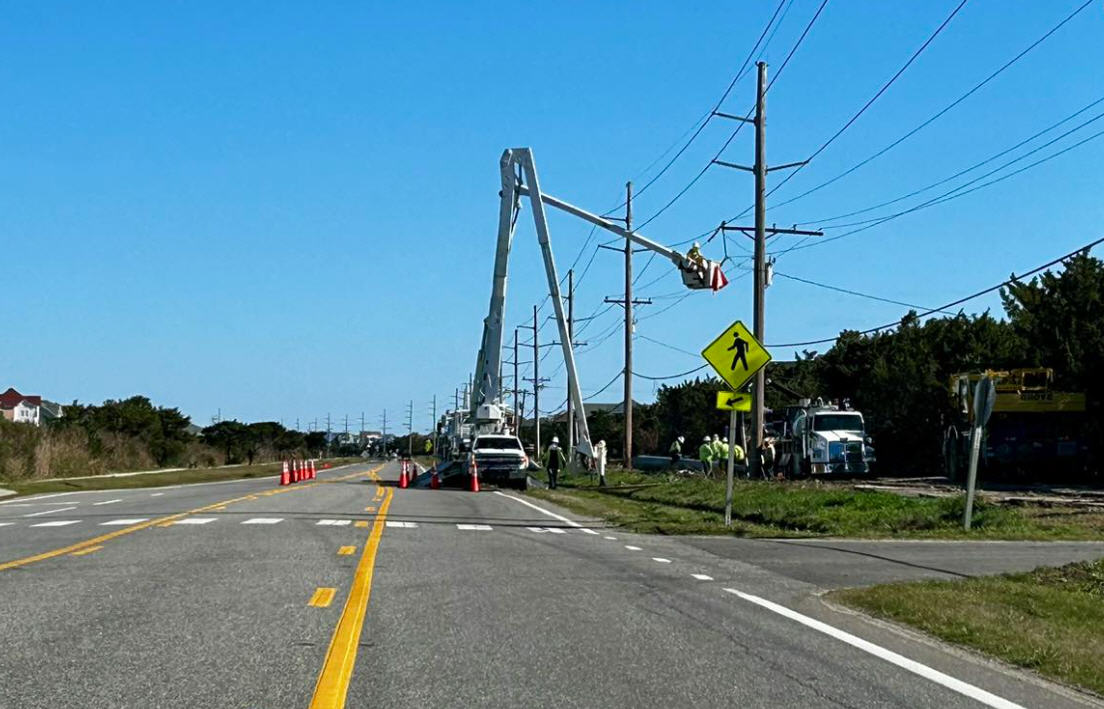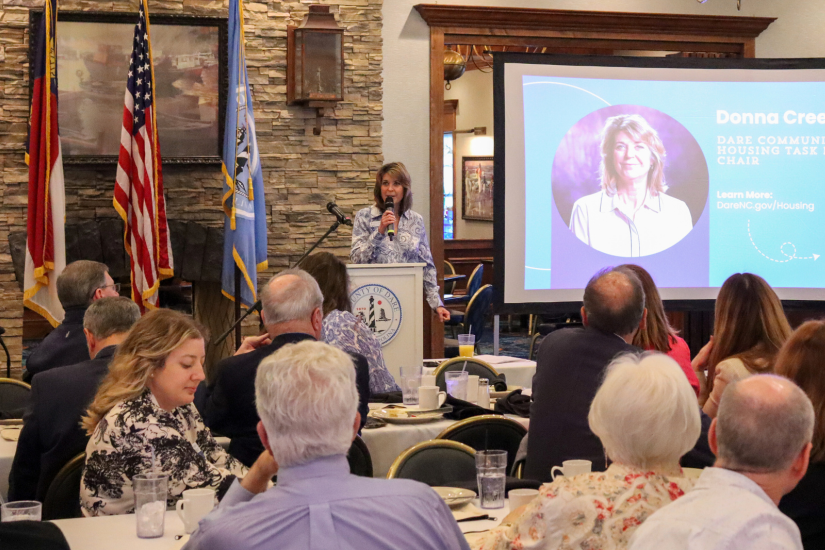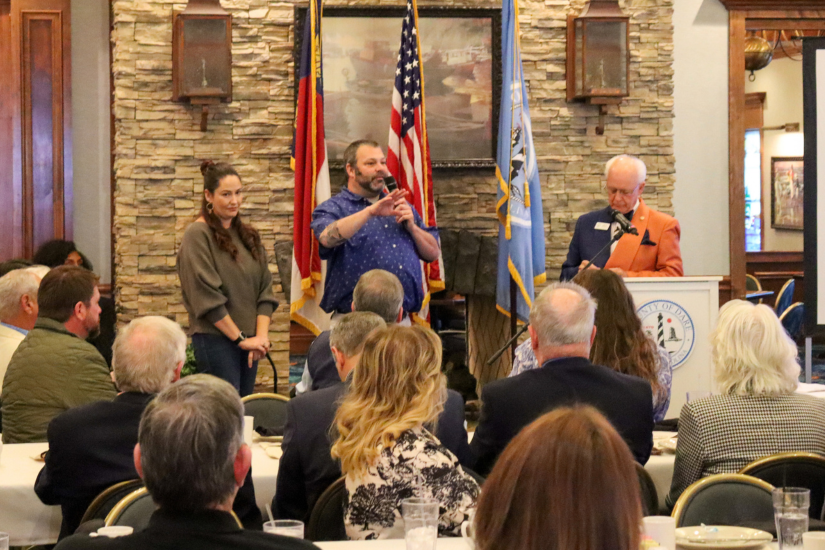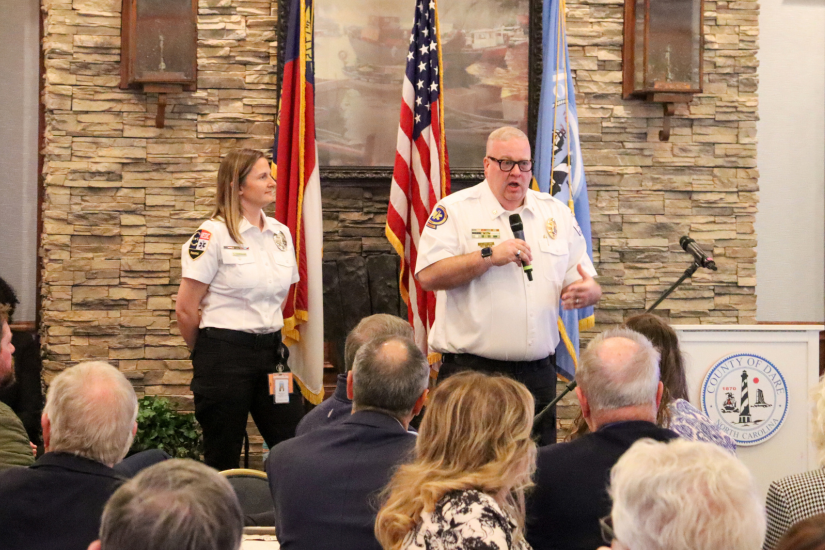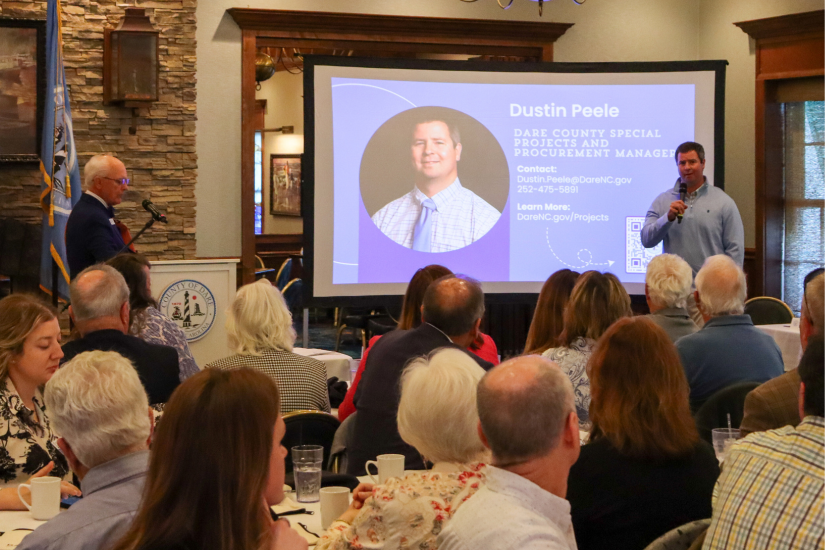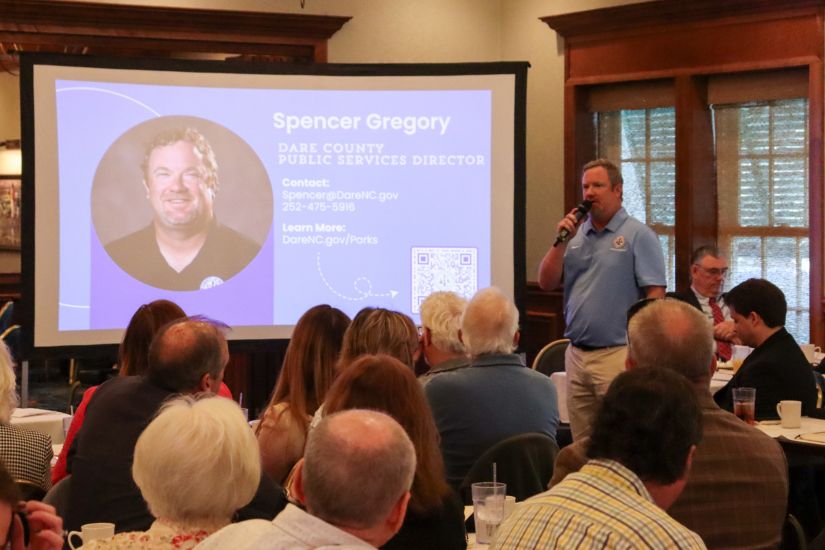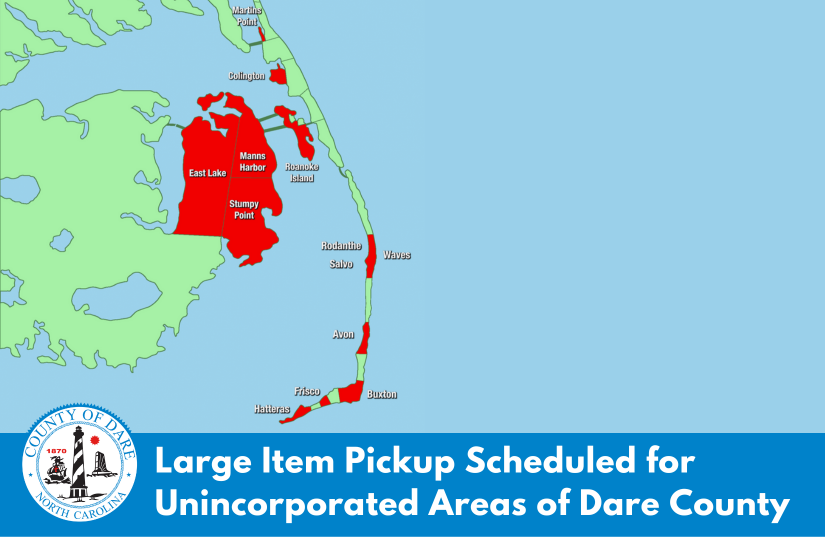‘Recovery Court’ Coming to Dare County

New initiative seeks drug treatment over jail time
If all goes according to plan, Dare County will soon be introducing what many experts see as a potent weapon in the battle against the opioid epidemic — a Recovery Court program.
Still in the preparation stages, the program — funded with $125,000 in this year’s budget — will draw on the experience of similar programs throughout the state, while recognizing the unique setting, characteristics and needs of Dare County. It offers court-ordered and supervised rehabilitation programs combined with reduced or suspended jail sentences aimed at helping defendants with substance addiction break the cycles of drug dependence, crime and incarceration.
In short, such programs, under appropriate circumstances, trade jail time for treatment. Typically they are managed by a team that includes judges, prosecutors, defense attorneys, counselors, social workers and drug rehabilitation professionals.
Dare County Commissioners Chair Bob Woodard, who cited the Recovery Court during his recent “State of the County” address, told the Sentinel he is “fully supportive” of this “fantastic program,” which he called “another step in the right direction to help those that have [addiction] issues.”
Dare Coalition Against Substance Abuse Director Amber Bodner Griffith said that starting a Recovery Court program in Dare County represents “an innovative approach to get people the treatment and accountability they need.” Not only is it a proven way to save the community money, she added, but it is also “the right thing to do [to] rebuild people’s lives, improve public safety and reduce recidivism.”
While noting that preparations to implement the Recovery Court are underway, Dare Board Vice Chair Wally Overman told the Sentinel that “for now I think it is a little early to go into the details.” He added that county officials “are still cautiously optimistic regarding any projection of timing to get the Recovery Court actually started.”
The first “drug court” started in the U.S. was in Miami-Dade County, in 1989, specifically targeting the exploding cases involving crack cocaine. There are now more than 3,000 drug courts in the U.S. and the program has been hailed in many circles as the most successful intervention to date, enabling many addicted people to experience long-term recovery and freedom from criminal activity.
One successful program in the state cited by Dare County officials is in Wake County. Started in 1996, the Wake County Drug Recovery Court program’s website says it “assists chemically dependent, non-violent probationers with receiving treatment in a rehabilitative environment monitored by the Court…The primary goal of the program is to assist chemically dependent adults with becoming and remaining drug free through treatment and recovery.”
To be eligible, a participant must be a resident of Wake County, agree to plead guilty to misdemeanor or felony charges, have a substance use disorder diagnosis, have a minimum of 12 months remaining on intermediate level supervision, have received at least a 90-day suspended sentence and have stable housing or be willing to reside in a sober living environment.
Agreeing to be placed on probation, the participant enters the program in place of serving a jail sentence and must comply with responsibilities that include a one-year minimum commitment.
That commitment includes completing 12 months of Intensive Outpatient Substance Use Disorder Treatment, reporting to the probation officer and case coordinator, attending court every other Friday, participating in recovery support meetings, submitting to random and frequent drug testing, maintaining six consecutive months of sobriety, obtaining employment or attending an educational/vocational program and paying applicable fees.
Wake County Public Health Director Dr. Sue Lynn Ledford told the Sentinel that the Recovery Court program there “really is a success story.”
Noting that the Wake County program differs from most in that it is staffed by people in public health, rather than the justice system, Ledford said that strategy results in an innovative approach focused on “population health outcomes and serving our most vulnerable populations.”
The key to the effectiveness of such programs, she emphasized, is the “critical” recognition of substance use disorders as a “chronic disease.” While many law enforcement and judicial systems continue to view substance use as “a behavioral issue,” resulting in a “revolving door” of addiction, criminal activity and jail, she said that recognizing it as a disease that can be treated effectively is “very important.”
The numbers, Ledford said, tell the “success story.” These include the finding that 75% of recovery court graduates nationwide remain “arrest-free” for at least two years after leaving the program. The average cost per year of housing an individual in a medium security prison is $37,398, according to Ledford, compared with recovery court costs of about $6,000 per year.
She is also proud of the 39% graduation rate among the 559 program participants in the last five years, adding that, “Considering that these individuals have substance use disorders, that’s one of the better graduation rate numbers.” Based on the sheer volume of participants and demand, she said that Wake County opened a second recovery court in 2009 to meet the need.
Back in Dare County, County Manager Bobby Outten is currently working with the North Carolina Administrative Office of the Courts (AOC) to “get the [program’s] administrator in place,” while 1st District Chief Resident Superior Court Judge Jerry Tillett and Chief District Court Judge Edgar Barnes have been working with probation officials and others involved in helping to launch the program.
Outten added that the program’s administrator “has to be an employee of the [AOC], which is a state agency. He won’t be a Dare County employee.” However, as there is no state funding available, the county will pay the expenses to fund that position. This funding will require that a contract, currently being developed by the AOC, is finalized between Dare County and the state.
Asserting that people with drug addiction problems get sent to jail and “come out of jail and they’re still addicts,” Outten said the program aims to “break the cycle” through providing “an opportunity other than incarceration to solve their addiction.” That, he said, can also lead to successfully “reducing the crime rate that comes from that addiction.”
Dare County Sheriff Doug Doughtie said that he and other county leaders have heard reports of the program’s success in other parts of the state. He said he was impressed by the opportunity the program can provide to “make a difference in people’s lives.”
Noting the high numbers of people arrested on drug charges in Dare County, Doughtie said the good news is that there are also high numbers of professionals filled with “zeal and passion” for seeing lives changed.




